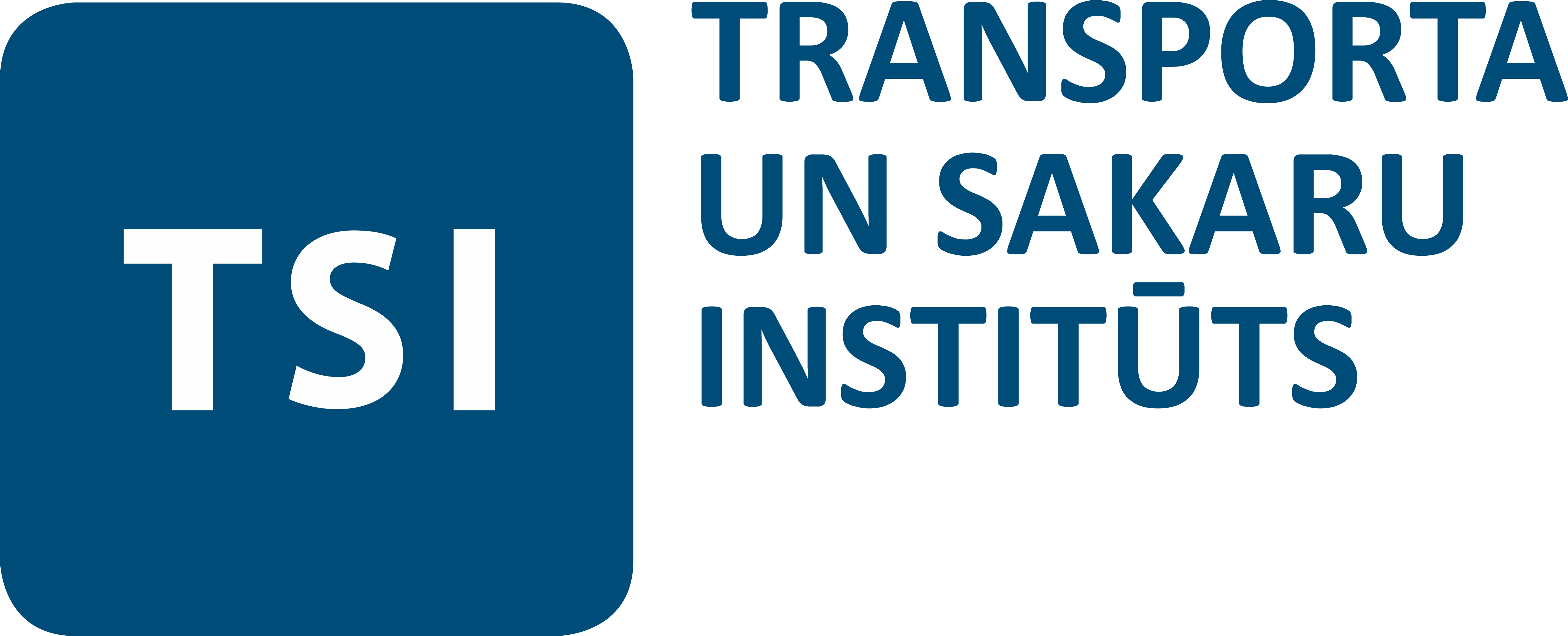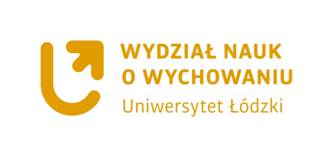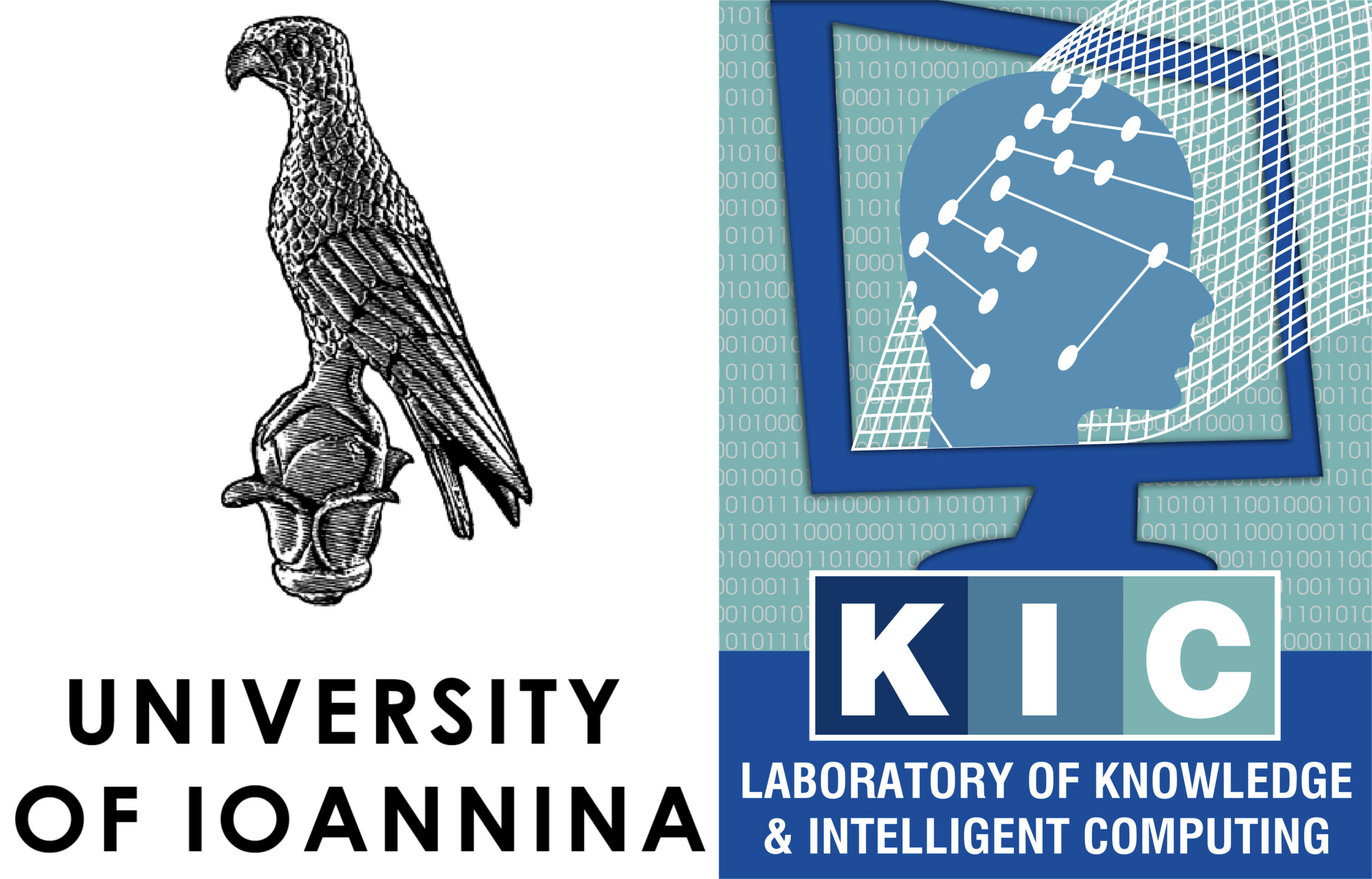
eMediator
Meeting individual educational needs

Our partner universities

Transport and Telecommunication Institute Riga
Sem quis erat nibh id neque tincidunt molestie convallis ut nibh vel, lorem consequat ullamcorper.

University of applied Science Aalen
Sem quis erat nibh id neque tincidunt molestie convallis ut nibh vel, lorem consequat ullamcorper.

University of Lodz
Sem quis erat nibh id neque tincidunt molestie convallis ut nibh vel, lorem consequat ullamcorper.

University of Murcia
Sem quis erat nibh id neque tincidunt molestie convallis ut nibh vel, lorem consequat ullamcorper.

University of Ioannina
Sem quis erat nibh id neque tincidunt molestie convallis ut nibh vel, lorem consequat ullamcorper.
Find a course today!
Empowering Education

Personalized educational services
eMediator offers personalized educational services to meet the specific needs of students, lecturers, and employees. Our team is dedicated to helping individuals develop the necessary competences through education mobility services both during their time in university and throughout their lifelong learning journey.

Wide range of educational services
With our wide range of educational services, eMediator is here to support you in achieving your goals. Our team of experts is committed to providing exceptional guidance and resources to enhance your learning experience.

Continous growth and development
At eMediator, we understand the importance of continuous growth and development. That’s why we offer a variety of services to help you expand your knowledge and skills. From tailored training programs to specialized workshops, we have everything you need to succeed.

Questions? Suggestions? Let us know!
About Project

eMediator
ERASMUS+ Project “Ecosystem for European Education Mobility as a Service: Model with Portal Demo (eMEDIATOR), Agreement No. 2021-1-LV01-KA220-HED-000027571 (2021-2023)

Outlines
Meeting individual educational needs of students, lecturers, and employees of businesses for the development of specific competences on the base of education mobility services during study in university and long life learning.

Project Leader
Professor, Dr. sc. ing.
Boriss Misnev
Transport and Telecommunication Institute, Latvia

email: Misnevs.B@tsi.lv
Project Outlines
- Promoting career development of lecturers which have their own values independently of academic institutions, mission and vision which might not be aligned with the values and career aspirations of lecturers. These lecturers might be demanded by some other institutions, and this project will help institutions and lecturers find each other. This exchange will facilitate talent development and talent exchange, which ultimately boosts European development;
- Enabling lecturers to develop their professional competences in another European context when their local context does not allow for it at the moment, the local market is not interested in this particular set of knowledge of competences or is already saturated with professionals with such competences, which results in the local market inability to offer the context of the development of such competences at an academic institution or in a company. Ignoring such needs might not be advisable because universities continue to offer training that develops this particular set of competences or offered such training in the past, and therefore, should bear some degree of ethical responsibility for the implementation of such competences by graduates;
- Developing the knowledge of competences that are required on the European market, not only on their local market. This knowledge is valuable because lecturers and academic institutions are supposed to train students not only for the current local context, but for the international, European, context of today and tomorrow;
- Offering opportunities for industry to find specialists for their unique competence-based demand on the entire European common education market, without being restricted to generalized supply of knowledge constrained by their local market and local perception of development. Ultimately, this will boost macro-level economic development of the common European market;
- Offering opportunities for individuals (students and lecturers) and corporate structures (higher education institutions and enterprises) to obtain and offer services from other European countries on the continuous or sporadic full-time or part-time basis while residing in one specific location in the European Union. This is the merge of education and business, studies and work into a single agile “eduwork” space created by online activities;
- Providing academic institutions with an opportunity to recruit specialists with specific competences that they cannot find on the local market;
Creating an economic environment for implementing academic competences;
Implementing a competence-based model of higher education into a digital reality offering educational and employment opportunities; - Boosting educational competitiveness of small economies, such as Latvian, via open-access to various educational and business European markets via lecturer and academic institutions employment in other European countries, perhaps, mostly in the online part-time and project-based mode often on the continuous basis.
Project Results
The use of eMEDIATOR requires the solution of several
interrelated blocks at the:
(1) pedagogical
(2) organizational
(3) competence
(4) technological levels,
which can be represented by a frame of models with the corresponding functionality.
In the process of performing project results, all partners detail and concertize the architecture and composition of elements and functional tasks in each of the functional clusters – pedagogical, organizational, competence and technological. The outcome of this working package will be a methodological framework which
should be implemented into the results.
Framework builds on the model on new demands to education and training based on competence-oriented approach and adds a deeper focus on digital capabilities across the whole learner lifecycle. Institutional capabilities of education and business establishments are connected with individual expectations of students to obtain actual professional competences across the lifecycle of professional activities from Demand & Discovery (DD) to Learning Design (LD), Learner Experience (LX) and Work & Lifelong Learning (WL).
The framework encompasses current capabilities such as recruitment, curriculum design, assessment and career planning, but also looks ahead to future and emerging capabilities for successful digital learning. The target groups of this intellectual output are universities and institutions offering education services for their students and visitors, business establishments that form requests for specialists with specific professional competencies, individual students using education mobility services, individual teachers providing learning mobility services.
Output – eMEDIATOR model and portal architecture.
Innovation – Implementation with best 21 century technologies completely.
